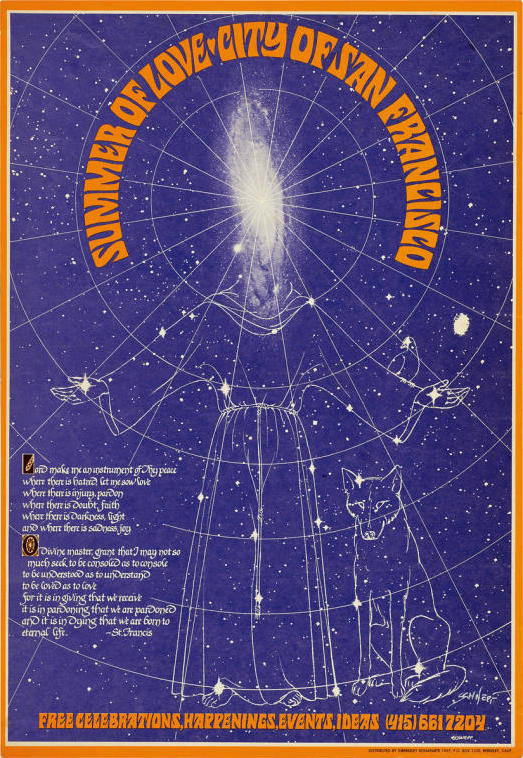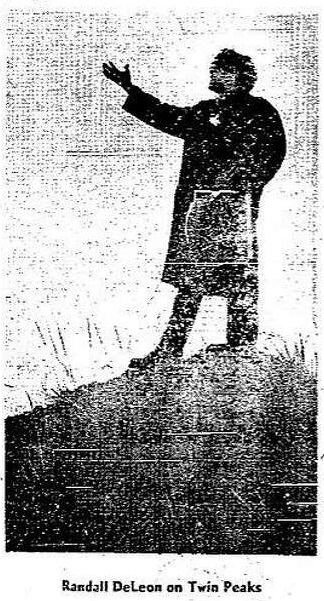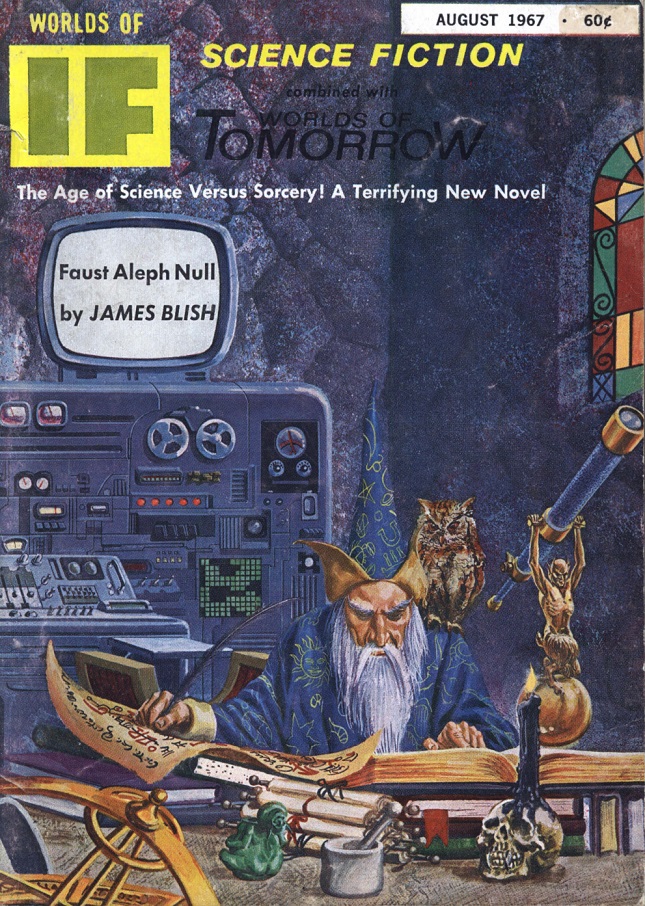
by David Levinson
The radiant genie
They say that, once you let the genie out of the bottle, it can be very hard to get him back in. Twenty-two years ago, we unleashed the genie of atomic warfare, and it has loomed ominously over humanity ever since. Most of us remember the tension of the Cuban Missile Crisis just five years ago (though it seems both farther in the past and more recent) and probably still feel a little uneasy whenever a warning siren goes off. Current predictions estimate as many as 25-30 nuclear-armed countries within 20 years.
 William C. Foster, the chief American representative to the Eighteen Nation Committee on Disarmament.
William C. Foster, the chief American representative to the Eighteen Nation Committee on Disarmament.
Is this an inevitability? Perhaps not. In 1960, the Ten Nation Committee on Disarmament, composed of five Western and five Eastern countries, met briefly in the spring and early summer, but adjourned indefinitely in the face of the U-2 incident and the collapse of the planned Paris summit. Toward the end of the following year, the U. N. created the Eighteen Nation Committee on Disarmament, composed of the original ten countries and another eight non-aligned nations, which has been meeting regularly in Geneva since March of 1962. On August 11th, William C. Foster, the chief American representative on the committee, announced that the United States and the Soviet Union have agreed in principle on the terms of a nuclear non-proliferation treaty. The two nations submitted identical drafts to the U. N. on the 24th. These will (hopefully) form the basis of a treaty to be voted on by the General Assembly, that will at least rein in the genie.
A bottle of jinn
There are a couple of metaphorical genies out of the bottle in this month’s IF, not to mention all the demons of Hell. Let’s pop the cork.
 The art is intriguing, but none of this happens in Hal Clement’s new novel. Art by Castellon
The art is intriguing, but none of this happens in Hal Clement’s new novel. Art by Castellon
Continue reading [September 2, 1967] Of Genies and Bottles (October 1967 IF)

![[September 2, 1967] Of Genies and Bottles (October 1967 <i>IF</i>)](https://galacticjourney.org/wp-content/uploads/2022/08/IF-Cover-1967-10-672x372.jpg)
![[August 2, 1967] The Bounds of Good Taste (September 1967 <i>IF</i>)](https://galacticjourney.org/wp-content/uploads/2022/07/IF-Cover-1967-09-672x372.jpg)
 President de Gaulle with foot firmly in mouth.
President de Gaulle with foot firmly in mouth. This alien dude ranch has become a popular honeymoon spot. Art by Gray Morrow
This alien dude ranch has become a popular honeymoon spot. Art by Gray Morrow![[July 4, 1967] Angels and Demons (August 1967 <i>IF</i>)](https://galacticjourney.org/wp-content/uploads/2022/06/IF-1967-08-Cover-645x372.jpg)
 The official poster created by Bob Schnepf
The official poster created by Bob Schnepf The festival was delayed one week due to bad weather.
The festival was delayed one week due to bad weather. This poster is a good example of the new psychedelic art style.
This poster is a good example of the new psychedelic art style. Hippie Randall DeLeon greets the sun and makes the front page of the San Francisco Chronicle.
Hippie Randall DeLeon greets the sun and makes the front page of the San Francisco Chronicle. That’s not quite how black magic works in the new Blish novel, but it ought to be. Art by Morrow
That’s not quite how black magic works in the new Blish novel, but it ought to be. Art by Morrow